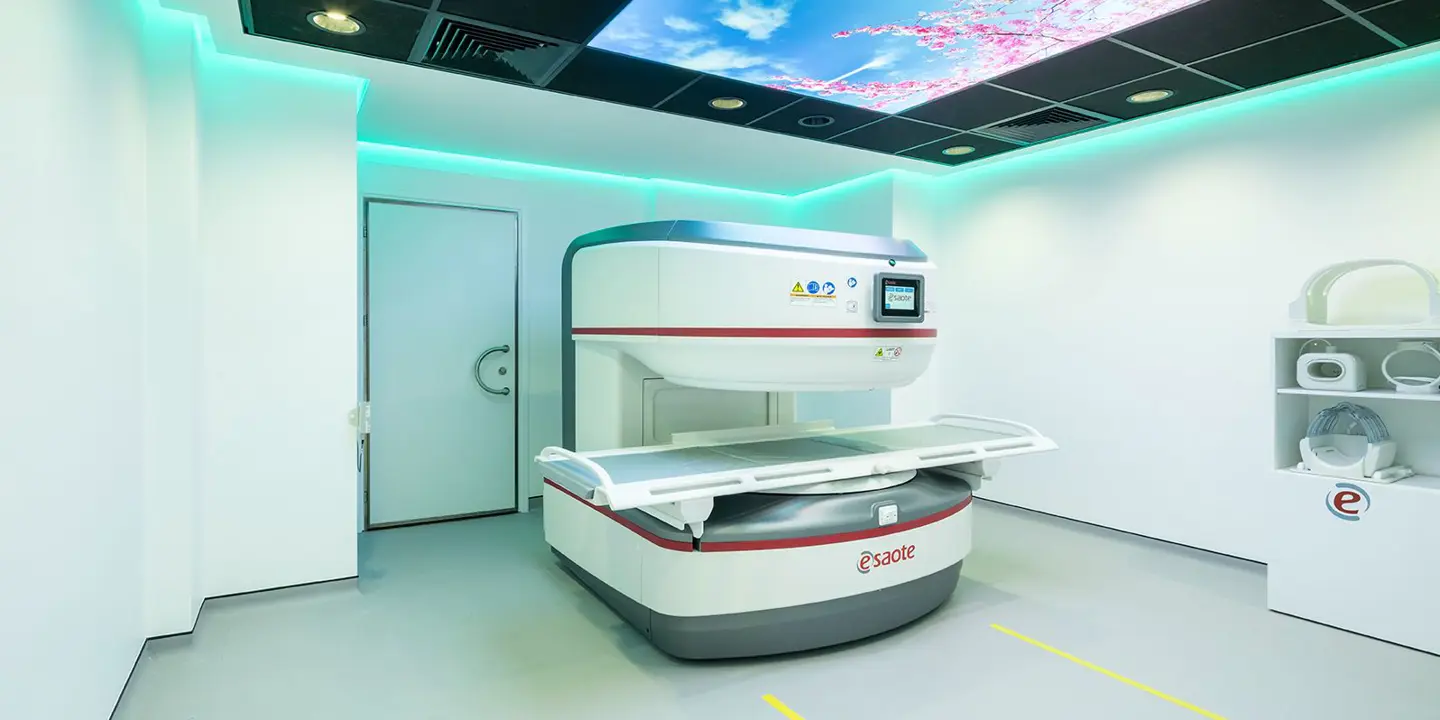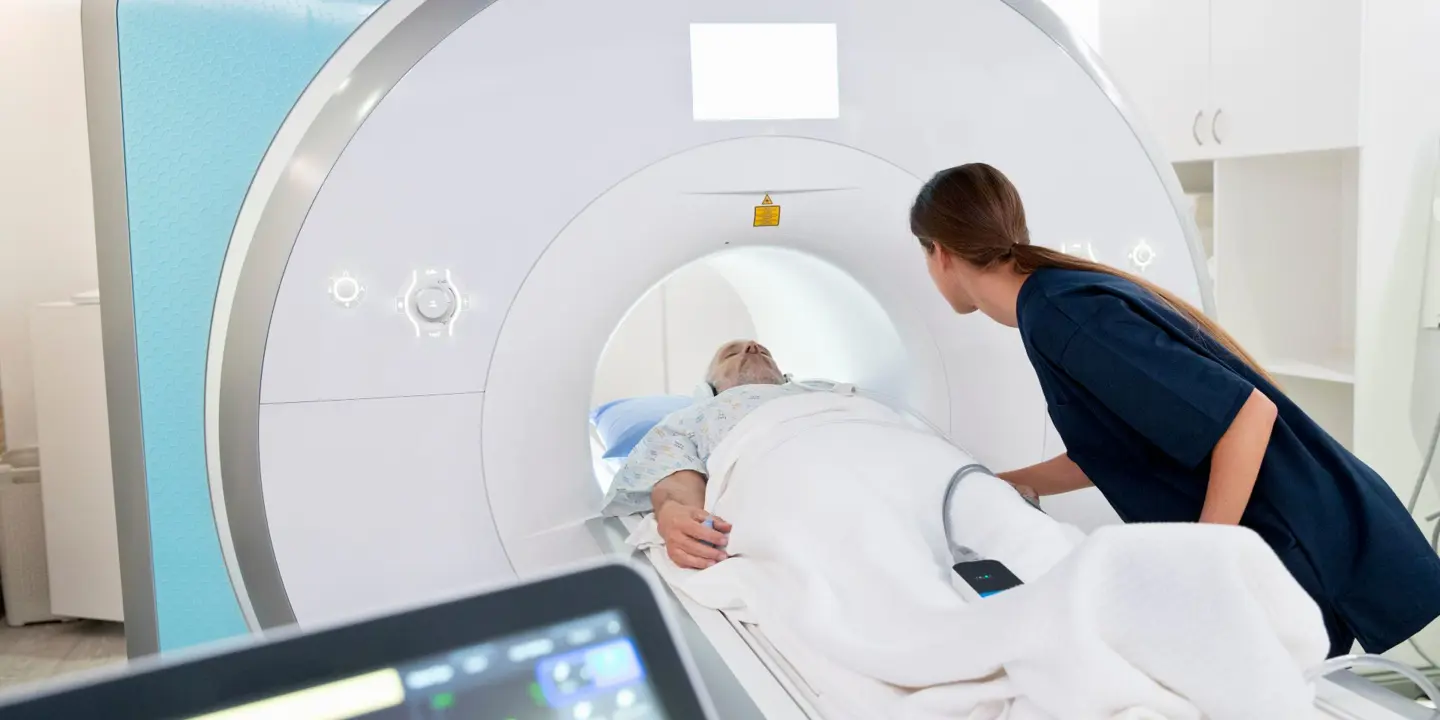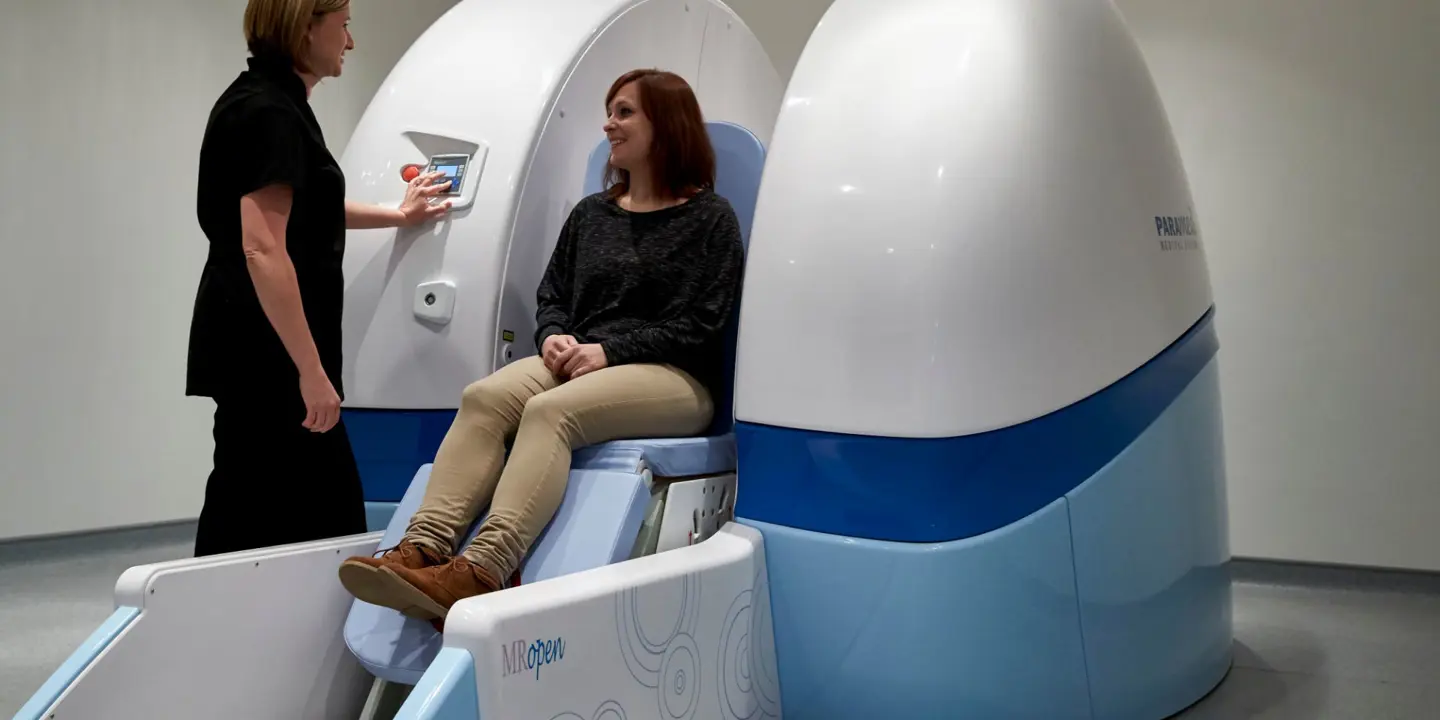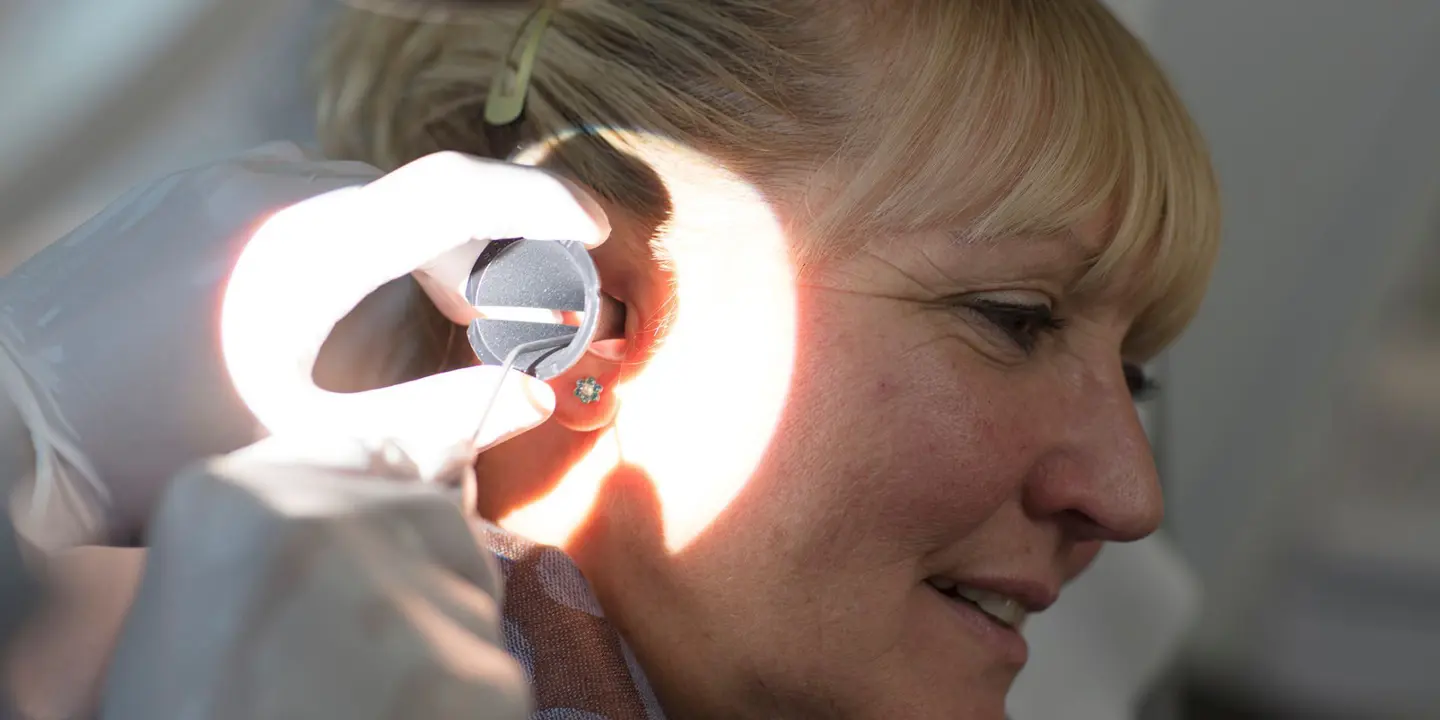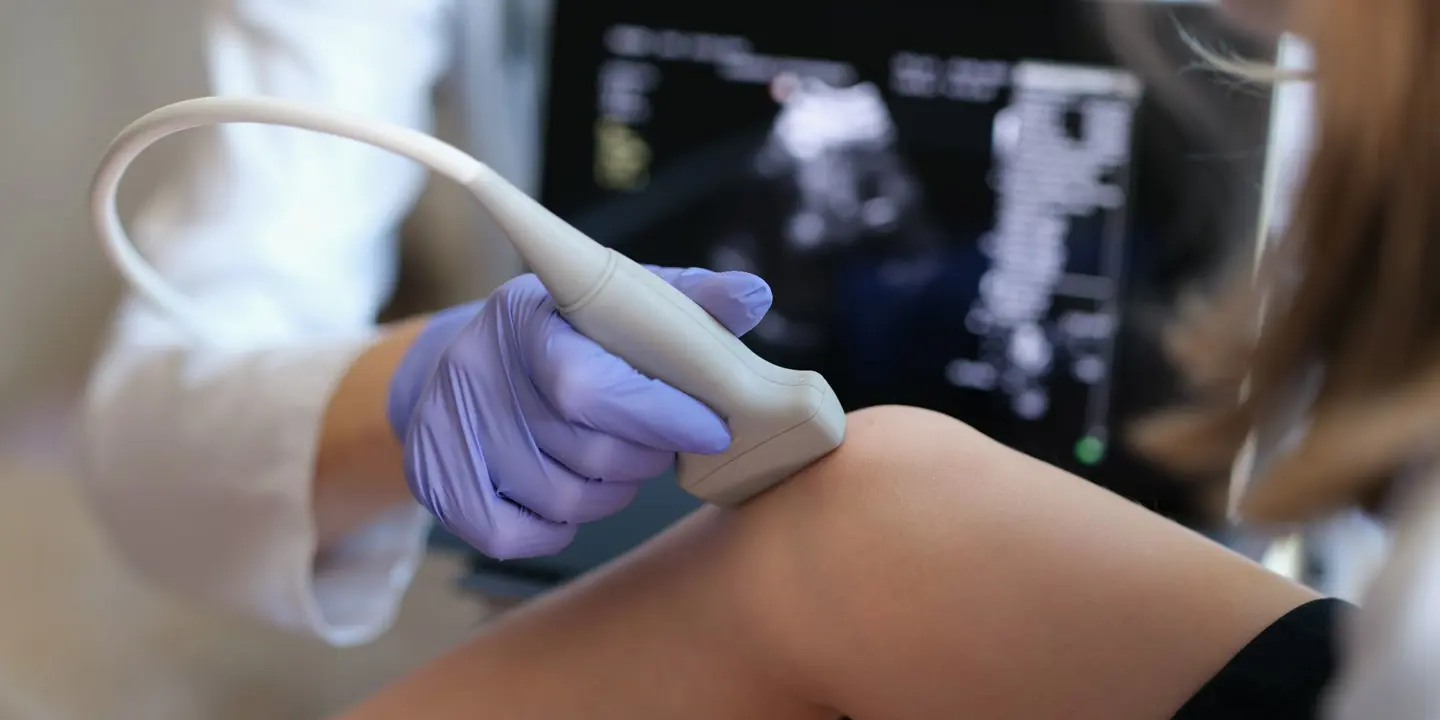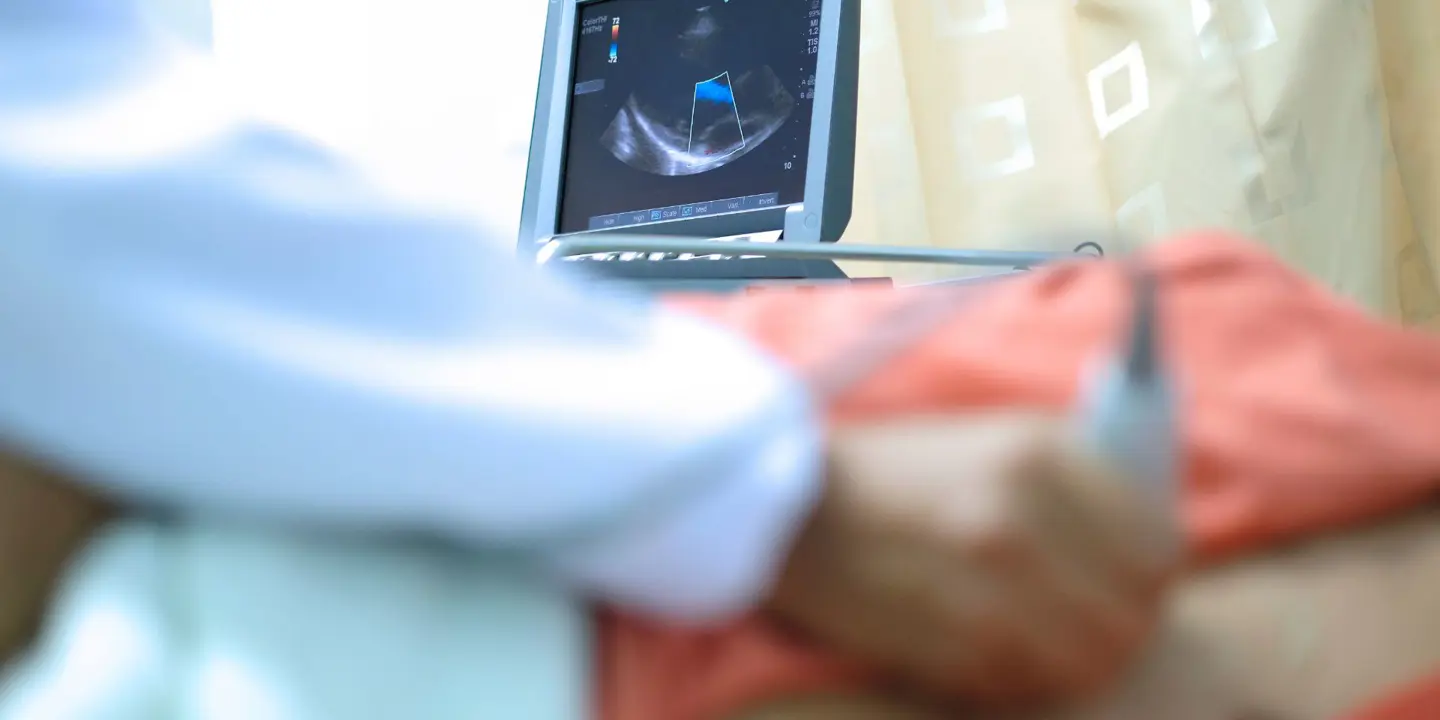An MRI (magnetic resonance imaging) scan is a test that takes pictures of the internal parts of your body for examination and diagnosis. MRI machines operate by massive magnets, radio waves, and a computer.
The images that the MRI produces are clear and detailed, allowing medical professionals an uninterrupted insight into the internal organs needing treatment. According to recent statistics, more than 45.2 million imaging tests were conducted in the UK between 2018 and 2019.
There are two basic types of MRI machines that all private MRI scans use: open and closed. But the two have additional subcategories. Keep reading as we discuss their differences.
The Basics of MRIs
Other than the structural basics of MRIs, it’s also important to remember that MRI machines differ in their magnetic strength, measured in Tesla (T) units. To date, MRI machines are manufactured to deliver strength in the scope of 0.2 T to 3.0 T – with the 3 T being the point that provides the most detailed, clear images.
Regarding design and structure, MRI machines are categorised as closed MRIs, wide-bore MRIs, “truly” open MRIs, and open upright MRIs.
Closed MRI
Design-wise, a closed MRI scanner is a narrow, cylindrical machine with a 60 cm bore diameter. These scanners usually come with a strength up to 3.0 Tesla. As far as commercial MRIs go, that’s the ultimate strength an MRI can produce. A 1.5-T magnet possesses a magnetic strength that is 30,000 times greater than that of the Earth's magnetic field, whereas a 3-T magnet boasts a strength that is 60,000 times higher.
Due to the clarity and precision of images, medical professionals have an unobstructed view of the internal organs and can clearly set a diagnosis for a variety of illnesses.
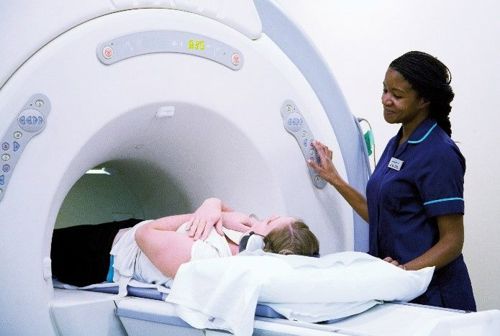
Wide-bore MRI
Wide-bore MRIs are partially open scanning machines featuring a wider opening and more space for the patient’s head to rest during the process. Compared to closed MRIs, these are more comfortable for patients who are reluctant to be in constricted spaces.
Compared to the closed MRI, a wide-bore MRI features a 70 cm-wide bore. These machines are a good fit for patients with a larger physical build. Strength-wise, wide-bore MRIs usually come with a max of 1.5 T.
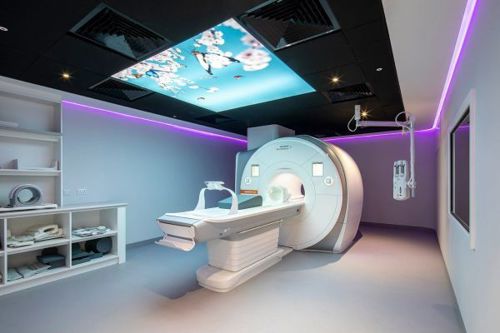
Open MRI Scanners
Designed with patient comfort in mind, open MRI scanners deviate from the traditional tunnel design. These scanners off a more spacious and accommodating environment, making them suitable for individuals who find closed bore scanners unsettling. These MRI scanners differ from the rest due to the option to open on all four enclosing sides. The feature allows for more airflow and ventilation, but, at the same time, the image quality delivered is significantly less.
Typically, “truly” open MRIs deliver a strength of no more than 1.2 T.
Vista Health is a provider of Open MRI scanners. Our Open MRI system provides great patient comfort and features the latest sequences and imaging performance developed by Esaote. Patient comfort is a key feature on Magnifico Open, thanks to smooth patient bed cushions and the magnet’s open design making Magnifico Open an ideal solution for patients who experience claustrophobia.
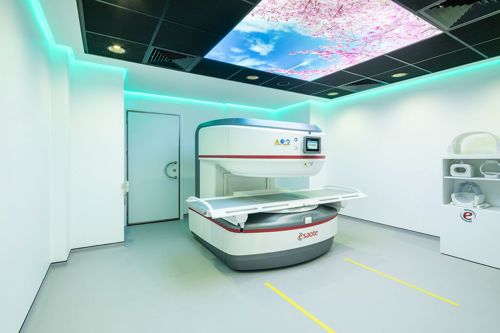
Open Upright MRI
The open upright MRI is a scanner that is entirely open at the front. Its design enables patients to be seated, stood up or lying down. This ensures you feel at ease and reassured throughout the entirety of the procedure. Even though this type of MRI scanner is the preferred option by patients, it delivers less strength than the other options.
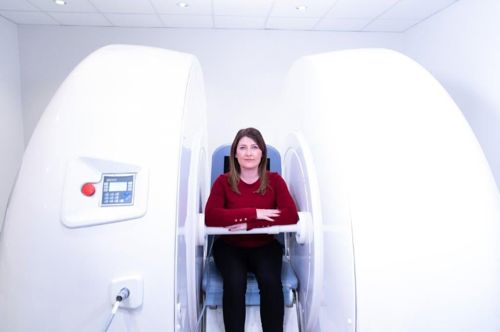
Extremity MRI Scanners
Extremity MRI scanners are designed to focus on specific body parts such as the limbs or joints. They produce detailed images of internal structures and tissues in these body parts. The scanners feed the images back to a computer for analysis. In some cases, they discover problems like fractures that are not detected by a standard X-ray machine. Their compact form and individual limb scanning make it more comfortable for patients to use.
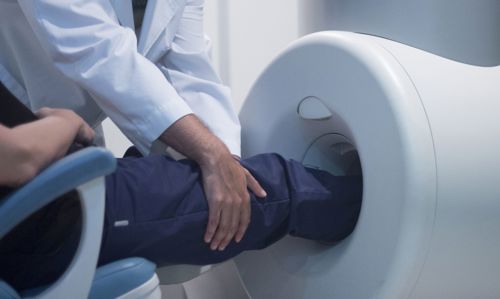
Vista Health: Leading Health Provider in Private MRI Scans
Today's technology has advanced to the point where it can significantly improve the medical field. Such is the case with MRI machines.
As the largest, leading private MRI scan provider in the UK, we at Vista Health are dedicated to the health of our patients in all diagnostic matters. Browse our extensive list of services and make the best decision for your health.
Our extensive network of locations across the UK and London makes it easy for our patients to find us and schedule an appointment online. Or you can contact us to learn more about our services.
References
Clinical 3T Magnetic Resonance | Radiology (rsna.org)

